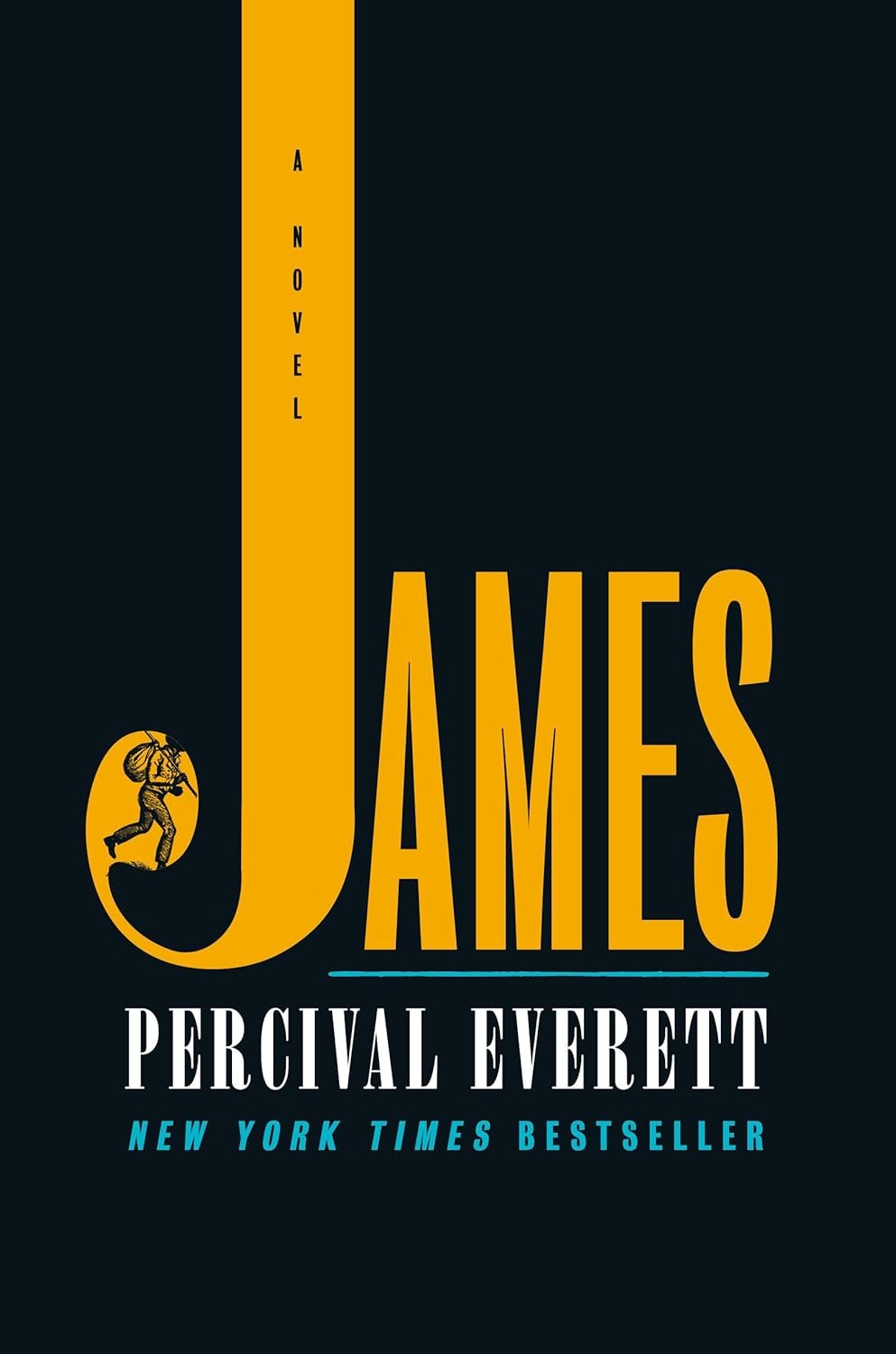THAT EVENING I return to my room and slide my hand beneath my mattress to make sure the gun is still there. My fingers brush over the trigger, and my throat tightens like I am having an allergic reaction. I withdraw my hand and kneel on the edge of the bed, taking hard swallows of air until the feeling subsides.
What is wrong with you? I shake my head. Pull it together.
And that is what it feels like: pulling the different parts of me up and in like a shoelace. I feel suffocated, but at least I feel strong.
I see a flicker of movement in my periphery, and look out the window that faces the apple orchard. Johanna Reyes and Marcus Eaton walk side by side, pausing at the herb garden to pluck mint leaves from their stems. I am out of my room before I can evaluate why I want to follow them.
I sprint through the building so that I don’t lose them. Once I am outside, I have to be more careful. I walk around the far side of the greenhouse and, after I see Johanna and Marcus disappear into one row of trees, I creep down the next row, hoping the branches will hide me if either of them looks back.
“. . . been confused about is the timing of the attack,” says Johanna. “Is it just that Jeanine finally finished planning it, and acted, or was there an inciting incident of some kind?”
I see Marcus’s face through a divided tree trunk. He presses his lips together and says, “Hmm.”
“I suppose we’ll never know.” Johanna raises her good eyebrow. “Will we?”
“No, perhaps not.”
Johanna places her hand on his arm and turns toward him. I stiffen, afraid for a moment that she will see me, but she looks only at Marcus. I sink into a crouch and crawl toward one of the trees so that the trunk will hide me. The bark itches my spine, but I don’t move.
“But you do know,” she says. “You know why she attacked when she did. I may not be Candor anymore, but I can still tell when someone is keeping the truth from me.”
“Inquisitiveness is self-serving, Johanna.”
If I were Johanna, I would snap at him for a comment like that, but she says kindly, “My faction depends on me to advise them, and if you know
information this crucial, it is important that I know it also so that I can share it with them. I’m sure you can understand that, Marcus.”
“There is a reason you don’t know all the things I know. A long time ago, the Abnegation were entrusted with some sensitive information,” says Marcus. “Jeanine attacked us to steal it. And if I am not careful, she will destroy it, so that is all I can tell you.”
“But surely—”
“No,” Marcus cuts her off. “This information is far more important than you can imagine. Most of the leaders of this city risked their lives to protect it from Jeanine and died, and I will not jeopardize it now for the sake of sating your selfish curiosity.”
Johanna is quiet for a few seconds. It’s so dark now I can barely see my own hands. The air smells like dirt and apples, and I try not to breathe it too loudly.
“I’m sorry,” says Johanna. “I must have done something to make you believe I am not trustworthy.”
“The last time I trusted a faction representative with this information, all my friends were murdered,” he replies. “I don’t trust anyone anymore.”
I can’t help it—I lean forward so that I can see around the trunk of the tree. Both Marcus and Johanna are too preoccupied to notice the movement. They are close together, but not touching, and I’ve never seen Marcus look so tired or Johanna so angry. But her face softens, and she touches Marcus’s arm again, this time with a light caress.
“In order to have peace, we must first have trust,” says Johanna. “So I hope you change your mind. Remember that I have always been your friend, Marcus, even when you did not have many to speak of.”
She leans in and kisses his cheek, then walks to the end of the orchard. Marcus stands for a few seconds, apparently stunned, and starts toward the compound.
The revelations of the past half hour buzz in my mind. I thought Jeanine attacked the Abnegation to seize power, but she attacked them to steal information—information only they knew.
Then the buzzing stops as I remember something else Marcus said: Most of the leaders of this city risked their lives for it. Was one of those leaders my father?
I have to know. I have to find out what could possibly be important enough for the Abnegation to die for—and the Erudite to kill for.
I pause before knocking on Tobias’s door, and listen to what’s going on inside.
“No, not like that,” Tobias says through laughter.
“What do you mean, ‘not like that’? I imitated you perfectly.” The second voice belongs to Caleb.
“You did not.”
“Well, do it again, then.”
I push open the door just as Tobias, who is sitting on the floor with one leg stretched out, hurls a butter knife at the opposite wall. It sticks, handle out, from a large hunk of cheese they positioned on top of the dresser. Caleb, standing beside him, stares in disbelief, first at the cheese and then at me.
“Tell me he’s some kind of Dauntless prodigy,” says Caleb. “Can you do this too?”
He looks better than he did earlier—his eyes aren’t red anymore and some of the old spark of curiosity is in them, like he is interested in the world again. His brown hair is tousled, his shirt buttons in the wrong buttonholes. He is handsome in a careless way, my brother, like he has no idea what he looks like most of the time.
“With my right hand, maybe,” I say. “But yes, Four is some kind of Dauntless prodigy. Can I ask why you’re throwing knives at cheese?”
Tobias’s eyes catch mine on the word “Four.” Caleb doesn’t know that Tobias wears his excellence all the time in his own nickname.
“Caleb came by to discuss something,” Tobias says, leaning his head against the wall as he looks at me. “And knife-throwing just came up somehow.”
“As it so often does,” I say, a small smile inching its way across my face.
He looks so relaxed, his head back, his arm slung over his knee. We stare at each other for a few more seconds than is socially acceptable. Caleb clears his throat.
“Anyway, I should be getting back to my room,” Caleb says, looking from Tobias to me and back again. “I’m reading this book about the water-filtration systems. The kid who gave it to me looked at me like I was crazy for wanting to read it. I think it’s supposed to be a repair manual, but it’s fascinating.” He pauses. “Sorry. You probably think I’m crazy too.”
“Not at all,” Tobias says with mock sincerity. “Maybe you should read that repair manual too, Tris. It sounds like something you might like.”
“I can loan it to you,” Caleb says.
“Maybe later,” I say. When Caleb closes the door behind him, I give Tobias a dirty look.
“Thanks for that,” I say. “Now he’s going to talk my ear off about water filtration and how it works. Though I guess I might prefer that to what he wants to talk to me about.”
“Oh? And what’s that?” Tobias quirks his eyebrows. “Aquaponics?”
“Aqua-what?”
“It’s one of the ways they grow food here. You don’t want to know.” “You’re right, I don’t,” I say. “What did he come to talk to you about?” “You,” he says. “I think it was the big-brother talk. ‘Don’t mess around
with my sister’ and all that.” He gets up.
“What did you tell him?” He comes toward me.
“I told him how we got together—that’s how knife-throwing came up,” he says, “and I told him I wasn’t messing around.”
I feel warm everywhere. He wraps his hands around my hips and presses me gently against the door. His lips find mine.
I don’t remember why I came here in the first place. And I don’t care.
I wrap my uninjured arm around him, pulling him against me. My fingers find the hem of his T-shirt, and slide beneath it, spreading wide over the small of his back. He feels so strong.
He kisses me again, more insistent this time, his hands squeezing my waist. His breaths, my breaths, his body, my body, we are so close there is no difference.
He pulls back, just a few centimeters. I almost don’t let him get that far. “This isn’t what you came here for,” he says.
“No.”
“What did you come for, then?” “Who cares?”
I push my fingers through his hair, and draw his mouth to mine again. He doesn’t resist, but after a few seconds, he mumbles, “Tris,” against my cheek.
“Okay, okay.” I close my eyes. I did come here for something important: to tell him the conversation I overheard.
We sit side by side on Tobias’s bed, and I start from the beginning. I tell him how I followed Marcus and Johanna into the orchard. I tell him Johanna’s question about the timing of the simulation attack, and Marcus’s response, and the argument that followed. As I do, I watch his expression. He does not look shocked or curious. Instead, his mouth works its way into the bitter pucker that accompanies any mention of Marcus.
“Well, what do you think?” I say once I finish.
“I think,” he says carefully, “that it’s Marcus trying to feel more important than he is.”
That was not the response I was expecting.
“So . . . what? You think he’s just talking nonsense?”
“I think there probably is some information the Abnegation knew that Jeanine wanted to know, but I think he’s exaggerating its importance. Trying to build up his own ego by making Johanna think he’s got something she wants and he won’t give it to her.”
“I don’t . . .” I frown. “I don’t think you’re right. He didn’t sound like he was lying.”
“You don’t know him like I do. He is an excellent liar.”
He is right—I don’t know Marcus, and certainly not as well as he does. But my instinct was to believe Marcus, and I usually trust my instincts.
“Maybe you’re right,” I say, “but shouldn’t we find out what’s going on?
Just to be sure?”
“I think it’s more important that we deal with the situation at hand,” says Tobias. “Go back to the city. Find out what’s going on there. Find a way to take Erudite down. Then maybe we can find out what Marcus was talking about, after this is all resolved. Okay?”
I nod. It sounds like a good plan—a smart plan. But I don’t believe him—I don’t believe it’s more important to move forward than to find out the truth. When I found out that I was Divergent . . . when I found out that Erudite would attack Abnegation . . . those revelations changed everything. The truth has a way of changing a person’s plans.
But it is difficult to persuade Tobias to do something he doesn’t want to do, and even more difficult to justify my feelings with no evidence except my intuition.
So I agree. But I do not change my mind.





